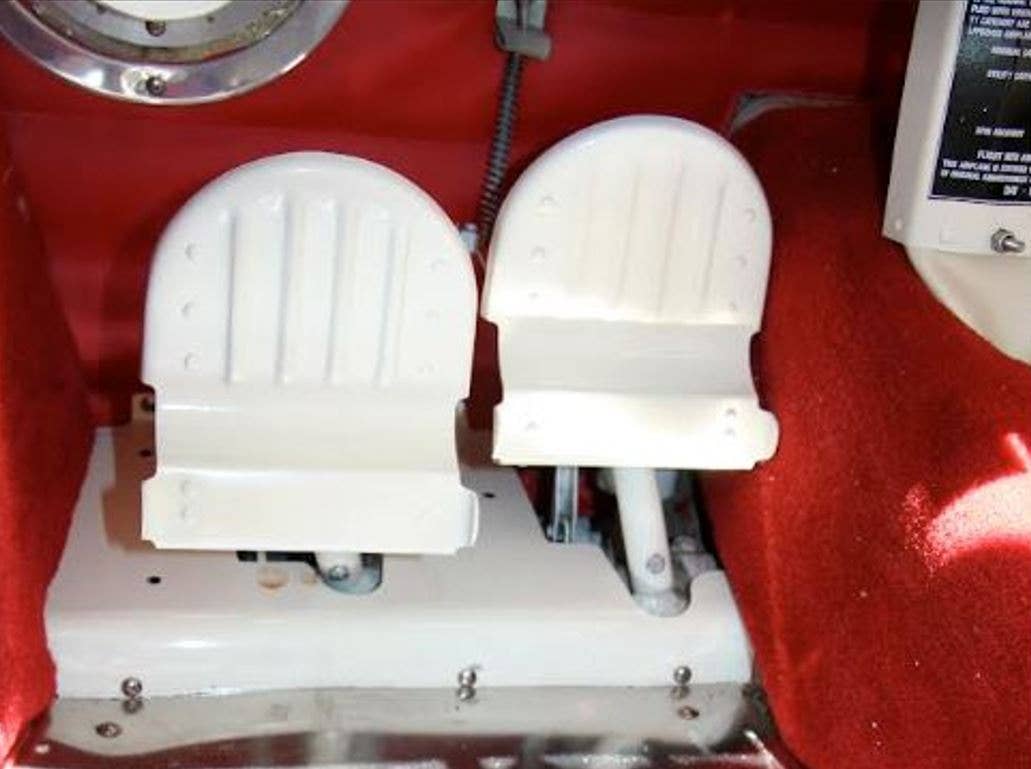
Earlier this summer, in the space of just 24 hours, President Barack Obama went from applauding Alcoa, a corporate jet parts supplier, to vilifying the very customers who use that aluminum on their business jets. We were left totally perplexed by the Administration’s singling out of business aircraft owners with blatant political demagoguery.
This ill-informed criticism of corporate jets could be chalked up to just more of the same partisan bickering if it weren't for the jobs at stake. Attacking business jets six times in a single press conference is a calculated and calibrated assault that does real harm to one of the leading manufacturing and export industries in the United States. It seems that the Administration just does not understand the connection between its own policies and rhetoric and its impact on manufacturing jobs. Are they willing to risk losing even more manufacturing jobs and potentially adding to the pain that so many working families have already endured just for political advantage?
We are hopeful that our industry will soon experience positive growth in billings and sales, but for now, the recovery is still fragile and not assured. We are very concerned about the rhetoric coming from the Administration attacking the use of corporate jets (and by extension all general aviation fixed-wing airplanes and rotorcraft) and their efforts to increase taxes through changes in the depreciation schedule of business aircraft.
Owners of business aircraft currently depreciate their investment over five years, yet President Obama has proposed changing the depreciation schedule for general aviation aircraft from five to seven years, labeling the current five-year schedule an “egregious” tax loophole. The depreciation schedule for general aviation fixed-wing and rotorcraft has been in existence since the early 1980s. Business aircraft are treated similarly to other assets such as cars, buses, trucks and construction equipment, which can be depreciated over a five-year period when purchased for business use.
Moreover, many observers have criticized the Obama Administration’s focus on this provision because of its minimal impact on reducing the federal deficit. Budget analysts point out that the savings assumed by Obama’s proposal to alter the depreciation rules would be negligible relative to the size of the deficit.
So, while this provision will not cut the federal budget deficit in any meaningful way, it could have a dramatic impact on thousands of U.S. assembly line workers that manufacture general aviation aircraft. The last time business jet operators received a tongue-lashing from President Obama, customers cancelled orders which in-turn exacerbated the industry’s recession-driven downturn, resulting in 20,000 GA manufacturing layoffs. We are just now seeing some of those high skilled workers returning to their jobs. Jobs that remain at risk in a recovery that is extremely fragile.
We believe it is time for politicians to stop using our fiscal crisis to demonize industries and pit American workers against one another. Rather, our elected officials should embrace and promote industries like general aviation that create U.S. manufacturing jobs.
President Obama’s own stated goals are to renew the promise of U.S. manufacturing, grow the economy, stimulate job growth and double U.S. exports in five years. As proud representatives of the general aviation manufacturing industry and its workers, we stand ready to work with the Administration on policies that promote, rather than endanger, our recovery.

Subscribe to Our Newsletter
Get the latest FLYING stories delivered directly to your inbox






